As we move through life most of the time we are within a safe range of arousal, which means a state where we can function well as a human being. We are able to self-regulate, we feel grounded, present and …
Category: Wellness
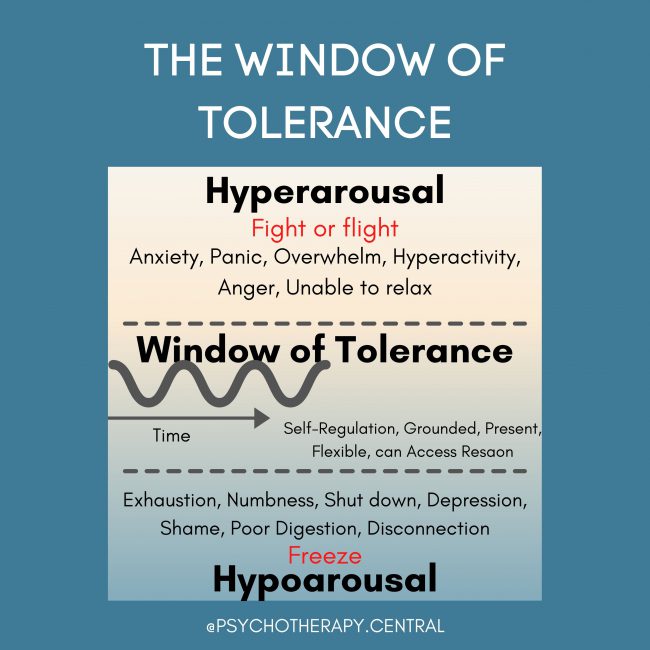
What is the Window of Tolerance?
The widow of tolerance is a phrase first used by Dr. Dan Siegel to describe the arousal state in which a person can best function, where they feel they can manage life. When you are within the window of tolerance, …
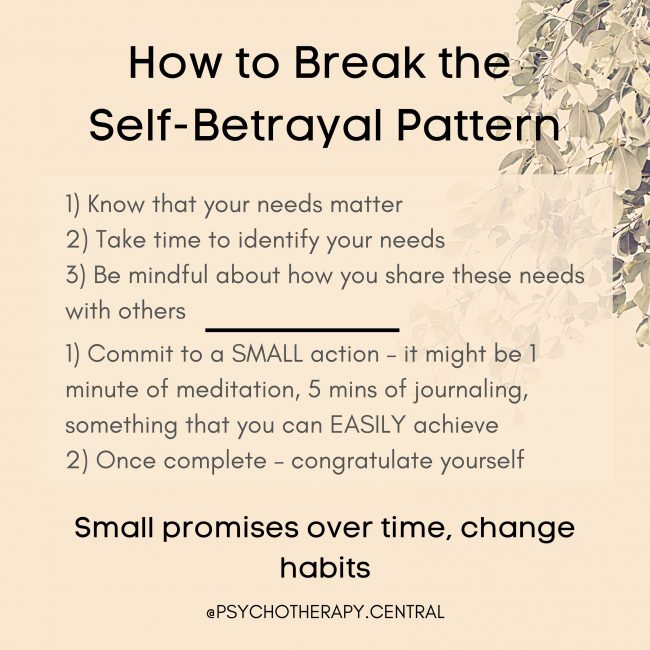
How to Break the Self-Betrayal Pattern
Little self-betrayals become a habit. It is in the little moments where our natural reaction is to say yes, when really, the right answer for us at that time is no. Self-betrayals happen when we don’t take the time and …
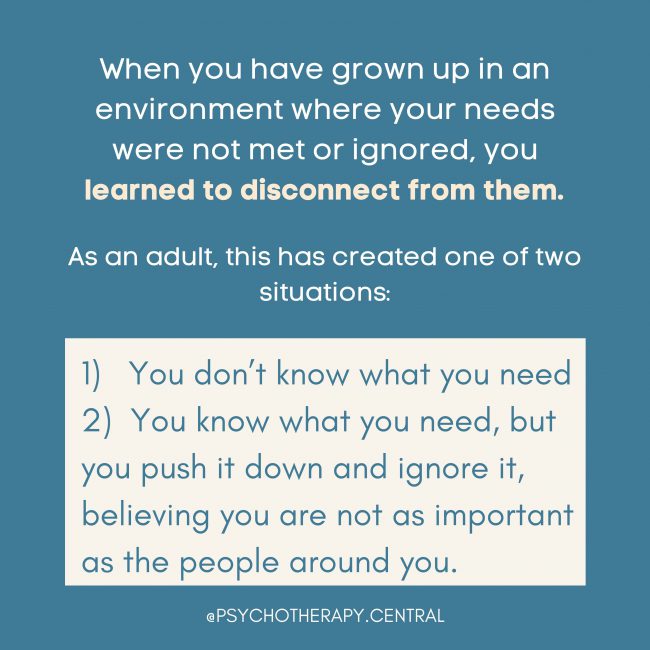
Self-Betrayal is a Form of Inner Disconnection
When your needs as a child have not been met, there has been abuse or neglect, a disconnect forms internally with the inner knowing of what you need in any given moment. This makes self-care very difficult as you have …
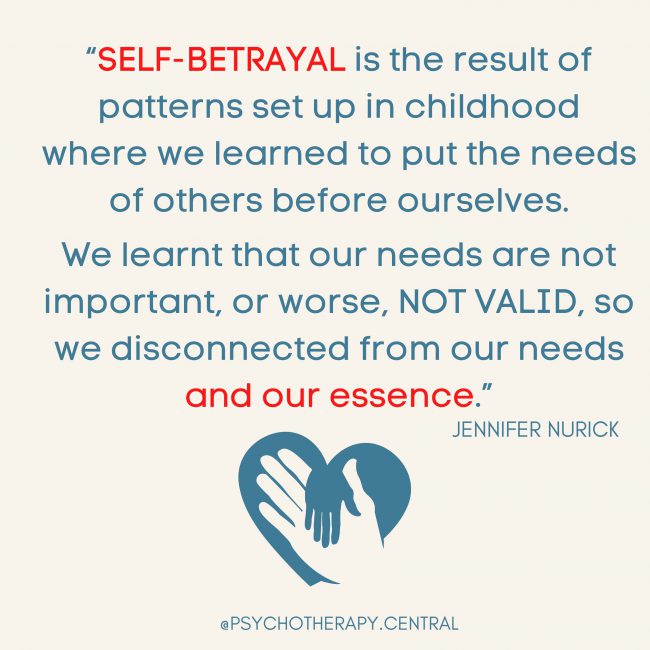
What is Self Betrayal?
When we grow up with parents who are abusive or neglectful, we quickly learn to ignore our own needs. Maybe it is dangerous to express our needs, or when we do, they are ignored. The result is a deep disconnect …

Protective Factors For Suicide
With suicide being the leading cause of death for Australians from ages 15 to 44, it is important we are all aware of the protective factors. If you read through this list and see that you are weak in some …

How To Have A Conversation With Someone You Are Worried About
Here is a great pocket guide for ‘how to have that conversation’. Above are the DO’s and here are the DO NOT’s: DON’T try to talk them out of suicide. DON’T try to fix their problem. Just listen with openness …

A Suicide Attempt Is Not ‘Attention Seeking Behaviour’
It can be confronting to sit and hold space for someone who is feeling suicidal. We have to manage our own feelings as well as hold space for their feelings. Before I had training in suicide prevention, I thought that …

Suicide Warning Signs
Warning signs are important. Know what to look for and reach out if in doubt. We often think that most suicides are caused by a one-off event, maybe a relationship break up, or the loss of a career or public …
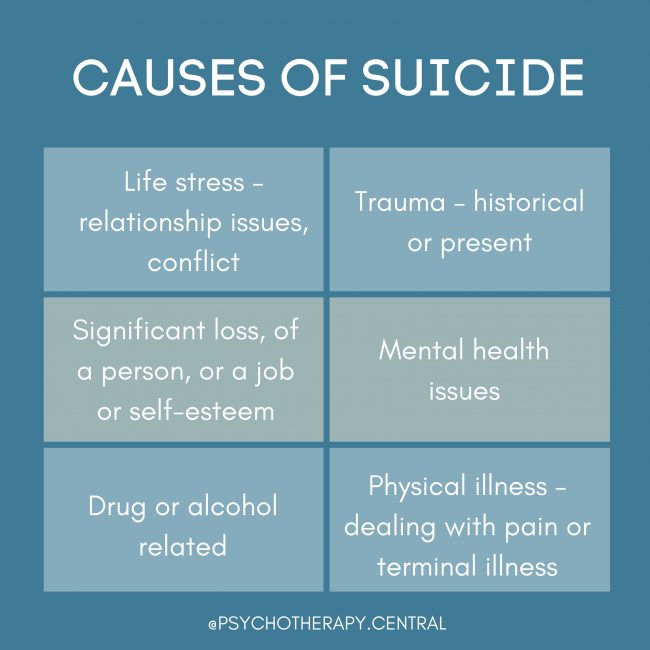
Causes of Suicide
I read this week about 29 survivors who had all attempted suicide by jumping off the Golden Gate Bridge. ALL of them regretted their decision to jump AS SOON AS THEY JUMPED. In another article, Dr. Freedenthal found that of …
